Whether defusing international tensions, championing human rights, or pushing for environmental accountability, Canadian leadership has consistently shown up where it counts, remaining steady, principled, and rarely self-serving. While others escalate or grandstand, Canada chooses cooperation over conflict, and reminds the world what responsible leadership looks like. Here are 23 times Canada was the voice of reason on the world stage:
Refusing to Join the Iraq War (2003)
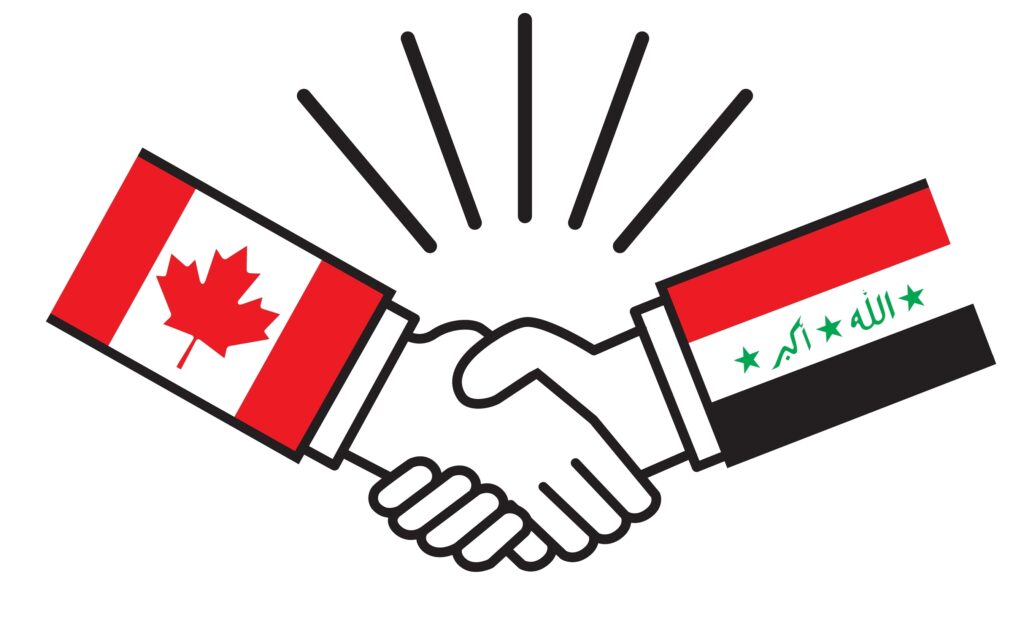
When pressure mounted to support the U.S.-led invasion of Iraq, Canada took a controversial but principled stand. Prime Minister Jean Chrétien refused to commit Canadian forces without a United Nations mandate, citing the lack of credible evidence around weapons of mass destruction. While allies followed the U.S. into a protracted and intensely criticized conflict, Canada’s restraint was later vindicated. The decision underscored Canada’s commitment to multilateralism and international law, even when it meant diverging from its closest ally.
Championing the Landmine Ban Treaty (1997)
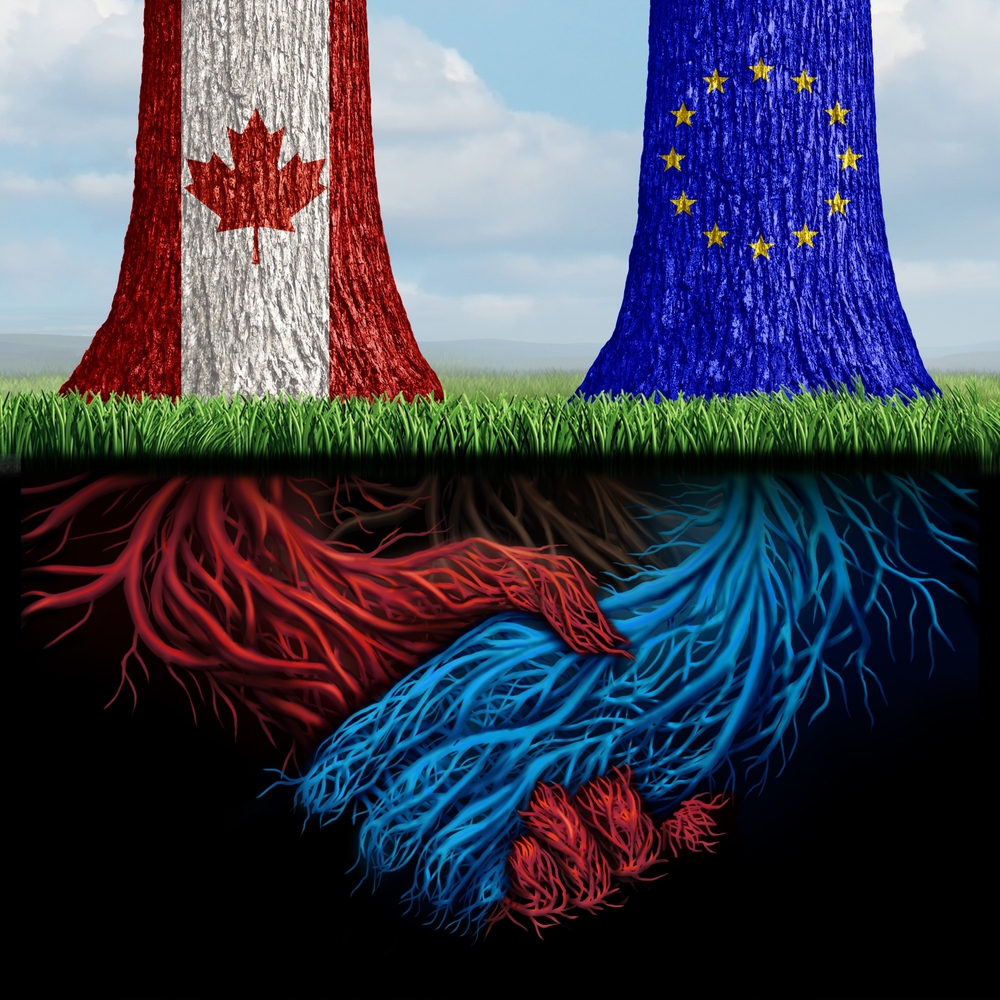
Spearheaded by then-Foreign Affairs Minister Lloyd Axworthy, Canada played a central role in the creation of the Mine Ban Treaty, also known as the Ottawa Treaty. Amid apathy from global powers, Canada mobilized 122 countries to ban the use, production, and stockpiling of anti-personnel landmines. The treaty shifted the conversation around humanitarian disarmament and became a landmark in international diplomacy. Canada’s leadership was hailed as pragmatic and compassionate, proving that even middle powers can drive global consensus.
Hosting the Montreal Climate Conference (2005)
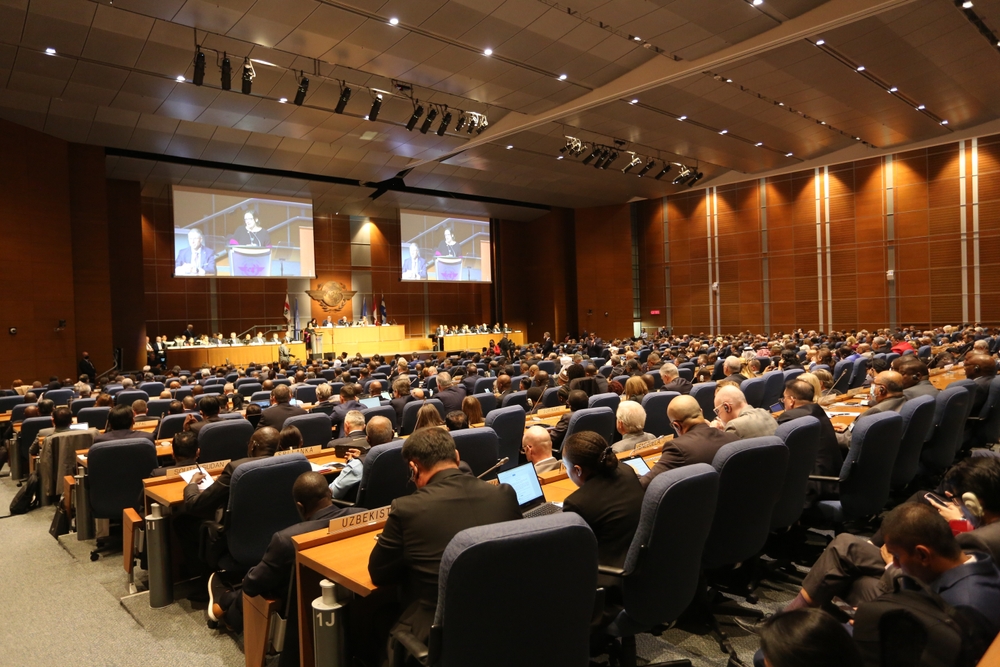
After years of lukewarm progress on climate change, Canada stepped up by hosting the pivotal UN Climate Change Conference in Montreal. The event helped reignite momentum around the Kyoto Protocol and set the stage for future climate agreements. Canada’s role was a concerted effort to bridge divides between developed and developing nations, emphasizing cooperation over blame. Though domestic politics would later complicate Canada’s climate path, this conference showed the country’s willingness to lead on one of the world’s most pressing challenges.
Supporting South Africa During Apartheid’s Collapse
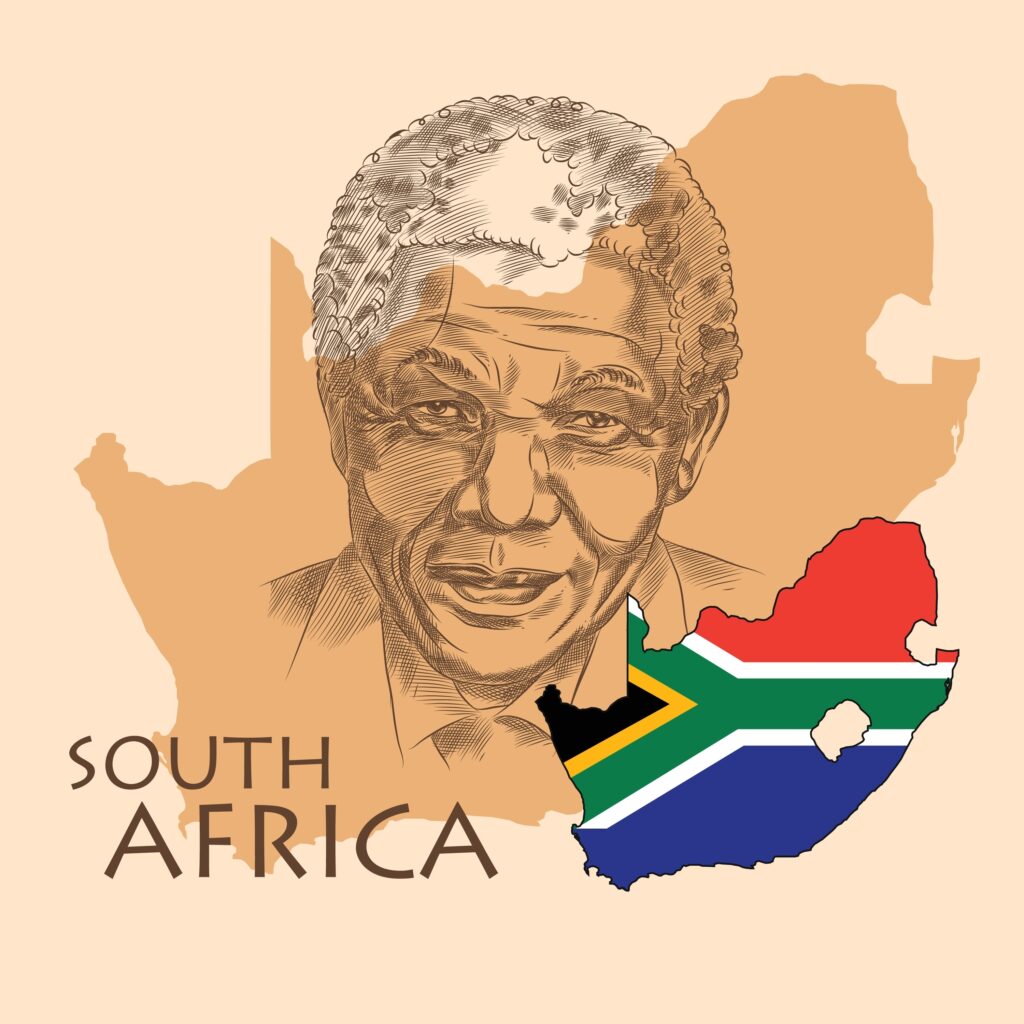
In the 1980s, while some Western nations hesitated or maintained ties with South Africa’s apartheid regime, Canada imposed economic sanctions and publicly advocated for the release of Nelson Mandela. Canadian leadership, particularly under Prime Minister Brian Mulroney, was instrumental in isolating the apartheid government on the world stage. This principled stance often put Canada at odds with allies like the U.K. and the U.S., but it ultimately helped dismantle the system.
Mediating the Suez Crisis (1956)
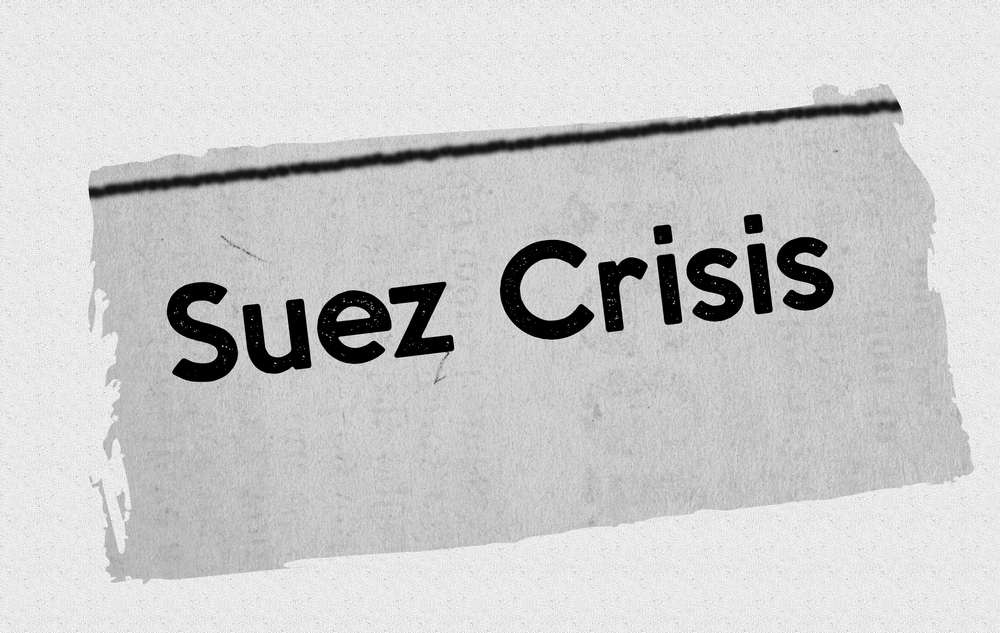
Canada’s most iconic diplomatic achievement may still be Lester B. Pearson’s role in resolving the Suez Crisis. As Britain, France, and Israel invaded Egypt, global tensions soared. Pearson, then Canada’s foreign minister, proposed the first large-scale United Nations peacekeeping force to de-escalate the conflict. His plan worked, ending hostilities and earning him the Nobel Peace Prize, and more importantly, it established peacekeeping as a central pillar of Canada’s international identity.
Advocating for Syrian Refugees (2015–2016)
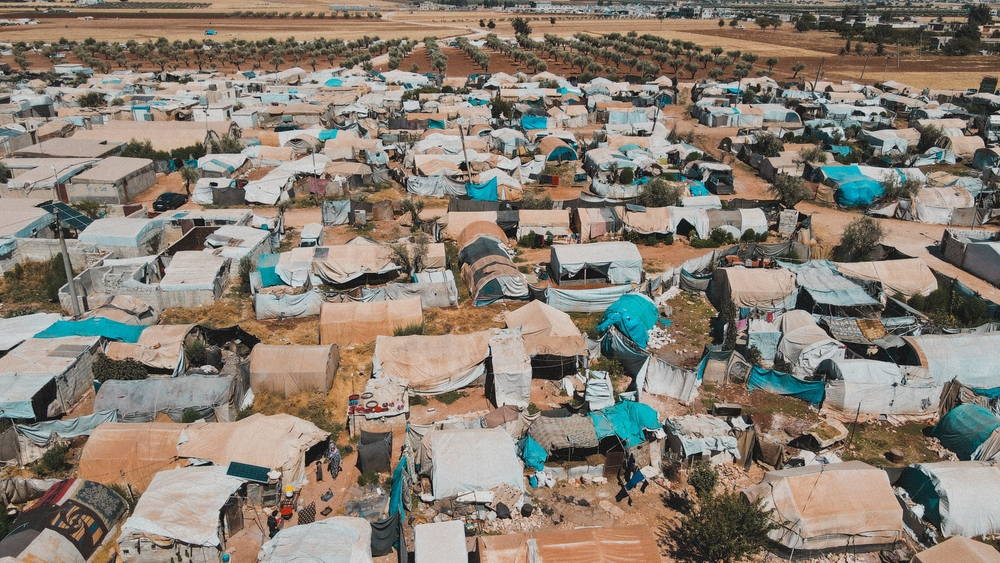
While many nations tightened borders amid the Syrian refugee crisis, Canada took a different route. Under Prime Minister Justin Trudeau’s leadership, Canada launched a bold initiative to resettle over 25,000 Syrian refugees within months. The move met with international praise, not just for its scale, but for the humanity and efficiency behind it. Canadian families, churches, and community groups came together in sponsorship models that were later studied by other nations.
Calling Out Saudi Arabia on Human Rights (2018)

When Canada’s foreign ministry tweeted concern over the imprisonment of Saudi women’s rights activists, it sparked a diplomatic firestorm. Saudi Arabia retaliated by expelling the Canadian ambassador and freezing trade. Yet Canada refused to back down. Unlike other nations that stayed silent for economic reasons, Canada maintained its stance, underscoring its commitment to human rights, even when it came at a cost. The episode highlighted Canada’s willingness to challenge authoritarianism, not just through quiet diplomacy, but by setting a public example.
Leading Peacekeeping in Rwanda (1994)
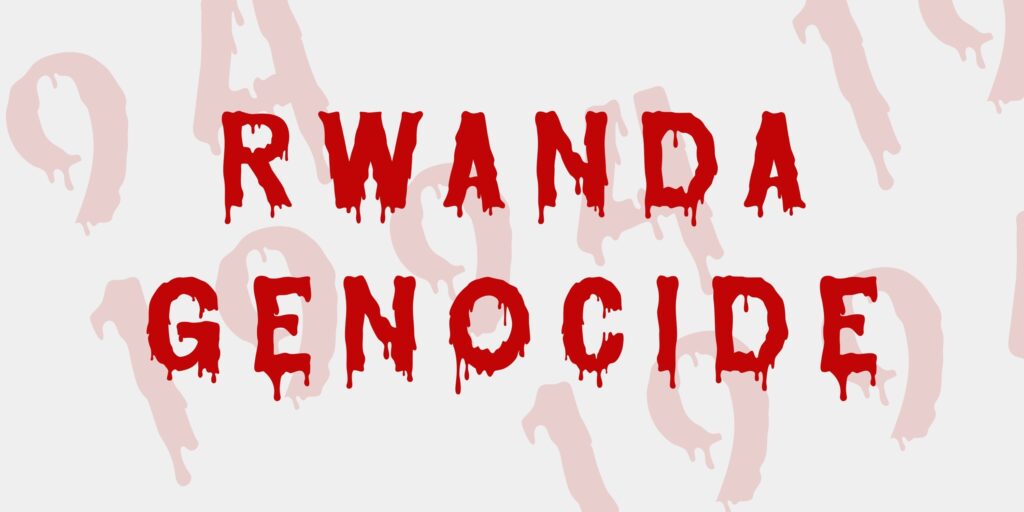
Canada’s contribution to the UN mission in Rwanda during its genocide is both heroic and tragic. Canadian General Roméo Dallaire led the UN force that desperately tried to stop the atrocities, often with no backup and little political will from other nations. Though the mission was hamstrung, Dallaire’s persistence and moral clarity helped save thousands of lives and exposed the deep failures of international inaction.
Opposing Apartheid at the Commonwealth (1985–1987)
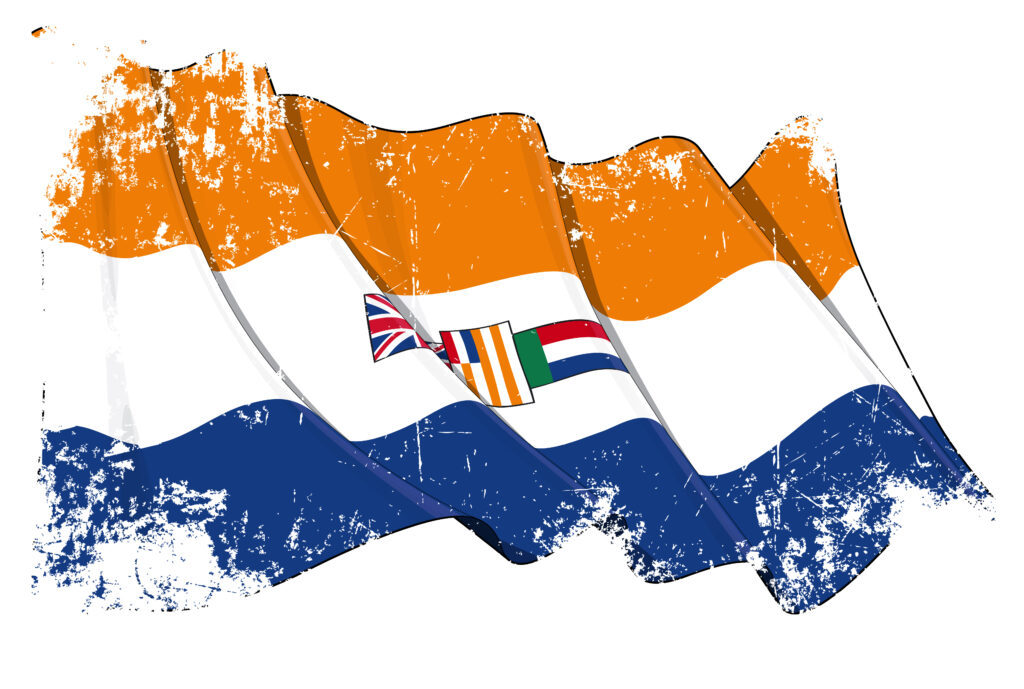
During the 1980s, Canada played a pivotal role at the Commonwealth summits in pushing for sanctions against apartheid South Africa. Prime Minister Brian Mulroney repeatedly clashed with British PM Margaret Thatcher over the issue, arguing that moral obligation trumped economic interests. Canada’s firm stance helped break the deadlock and led to broader Commonwealth action against the apartheid regime, demonstrating leadership that was grounded in ethics.
Advocating for Indigenous Rights at the UN
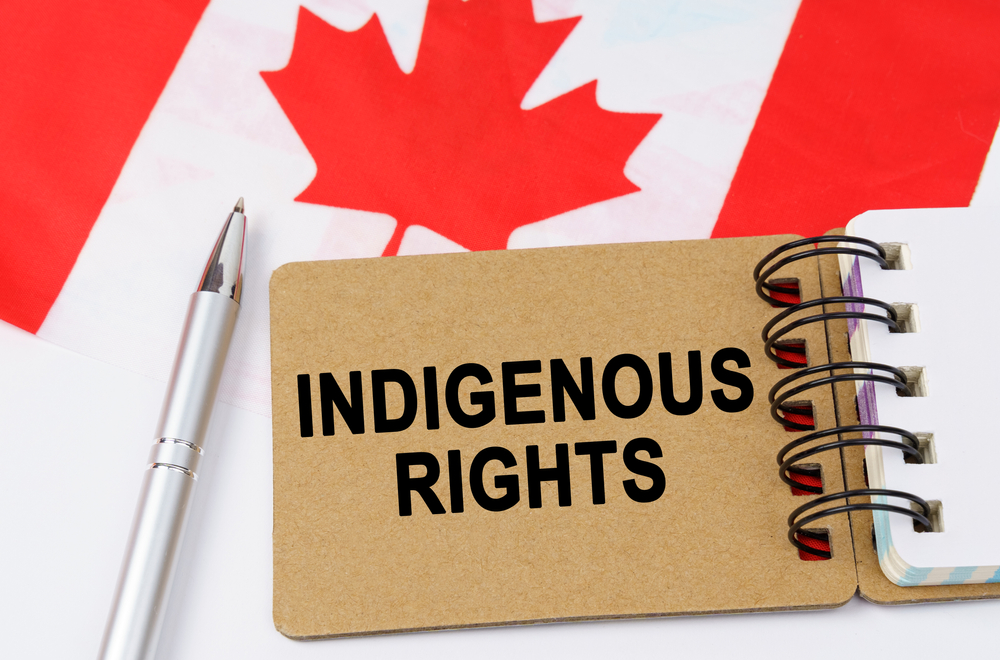
Canada’s long road toward reconciliation at home has given it a unique and credible voice on Indigenous rights abroad. After initially opposing the UN Declaration on the Rights of Indigenous Peoples (UNDRIP) in 2007, Canada reversed course and became a champion of its implementation globally. Canadian diplomats now work with other nations to strengthen Indigenous representation in global decision-making, including climate change, land protection, and cultural preservation. This evolution from resistance to advocacy has allowed Canada to speak with hard-earned humility.
Mediating the U.S.–Cuba Relationship (1970s–2010s)
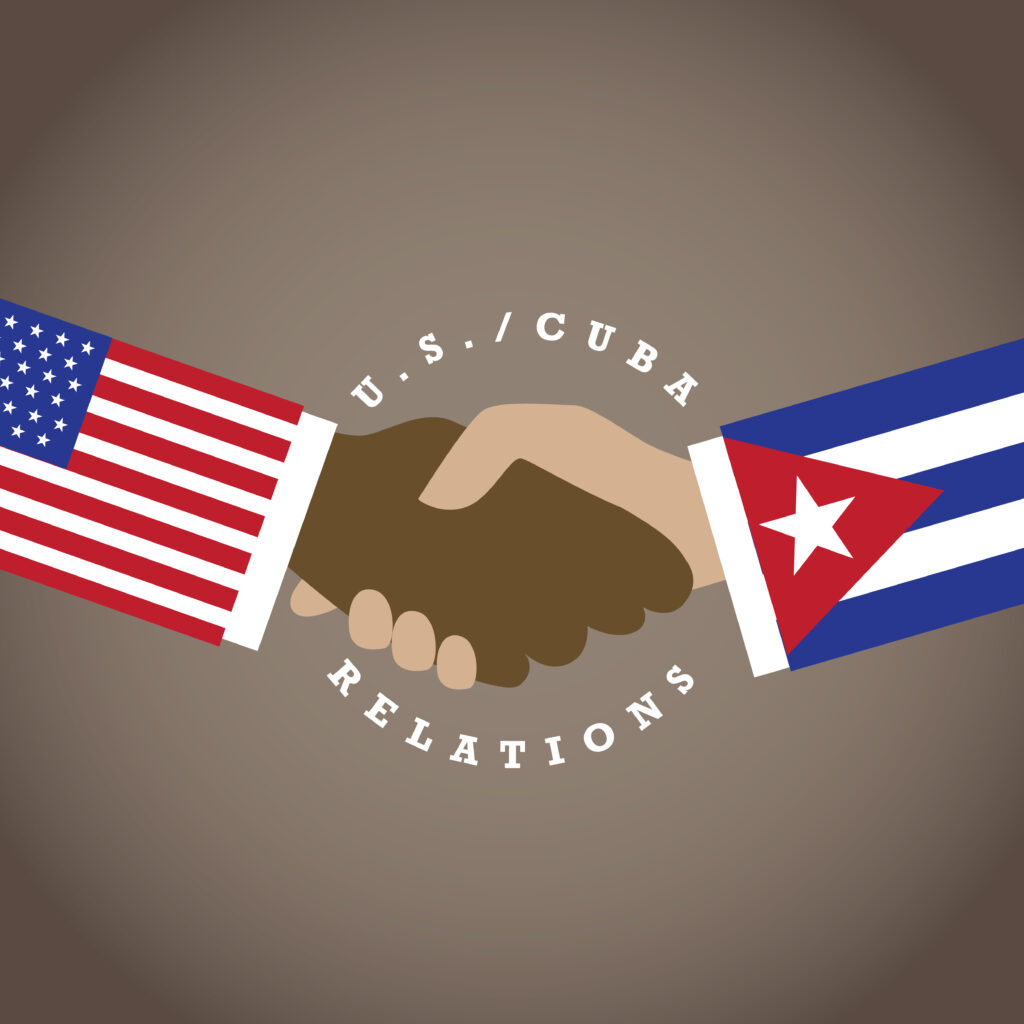
For decades, Canada maintained diplomatic relations with both Cuba and the United States, even when tensions between the two were at their peak. This unique position allowed Canada to serve as a crucial backchannel during sensitive periods, including early dialogue under President Obama’s normalization efforts. Canadian officials often hosted confidential meetings and acted as trusted intermediaries, and by avoiding ideological extremes and focusing on pragmatic engagement, Canada built a reputation as a bridge-builder.
Rejecting the Iraq War (2003)
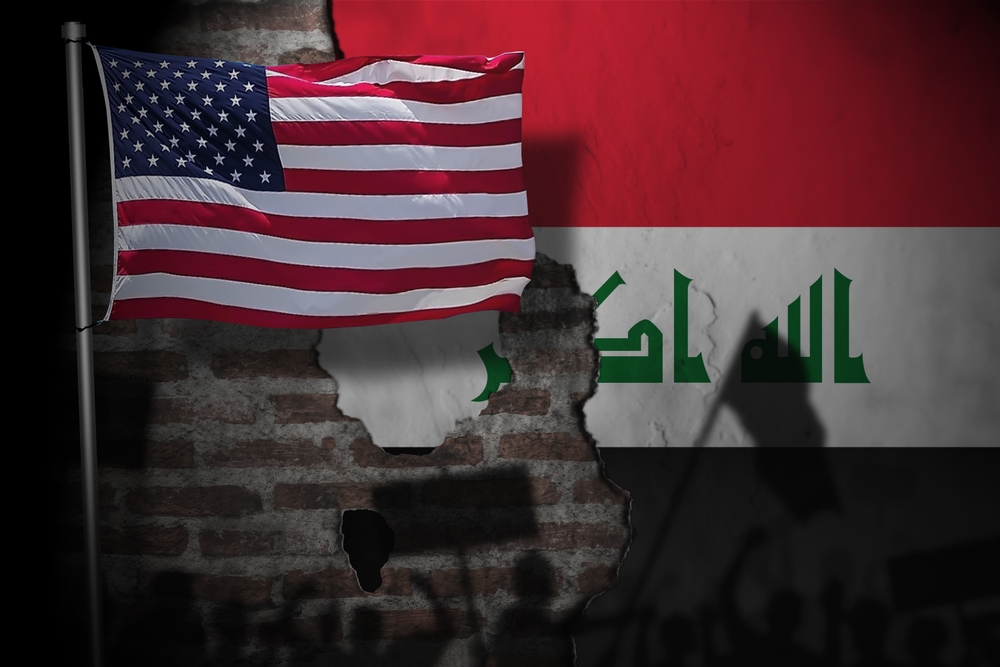
While many allies rushed to join the U.S.-led invasion of Iraq, Canada made a controversial but principled decision to stay out. Prime Minister Jean Chrétien stood firm, citing the lack of a UN mandate and questionable evidence around weapons of mass destruction. The move drew criticism from some quarters but was later vindicated as the war dragged on and its justifications collapsed. Canada’s choice reflected a more profound commitment to multilateralism and evidence-based diplomacy.
Standing Up for LGBTQ+ Rights at the UN (2011)
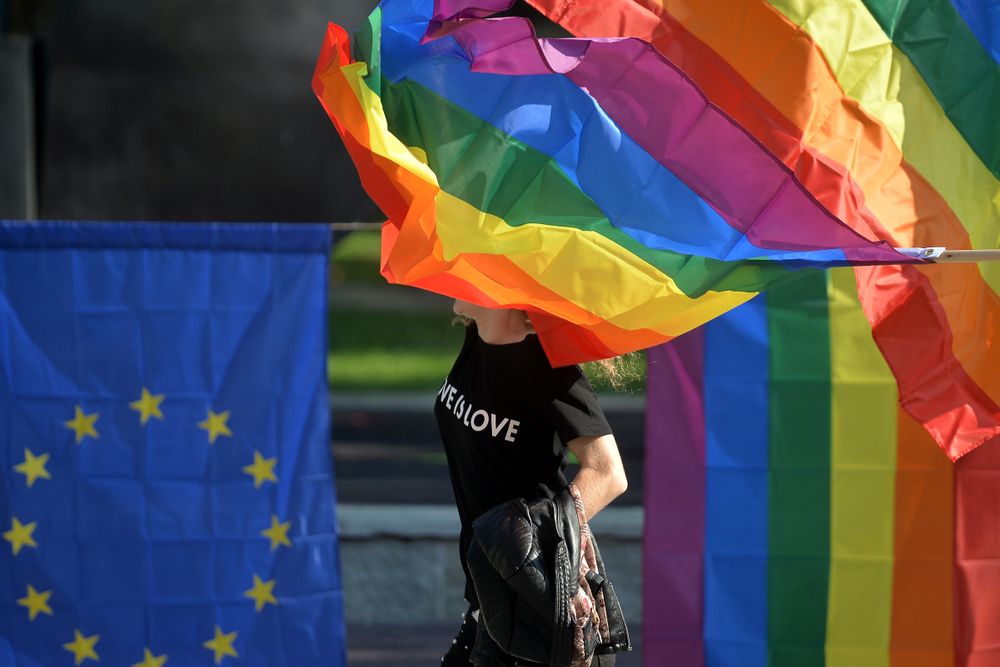
Canada has consistently been a champion of LGBTQ+ rights on the global stage, but its leadership at the United Nations Human Rights Council in 2011 marked a historic moment. As one of the key backers of the first-ever UN resolution on LGBTQ+ rights, Canada stood against a wave of opposition from countries where such protections were taboo or criminalized. The resolution affirmed that LGBTQ+ rights are human rights, and Canada’s advocacy, even when met with fierce resistance, sent a global signal that equality and dignity should never be compromised.
Promoting Gender Equality in Global Trade (2018)
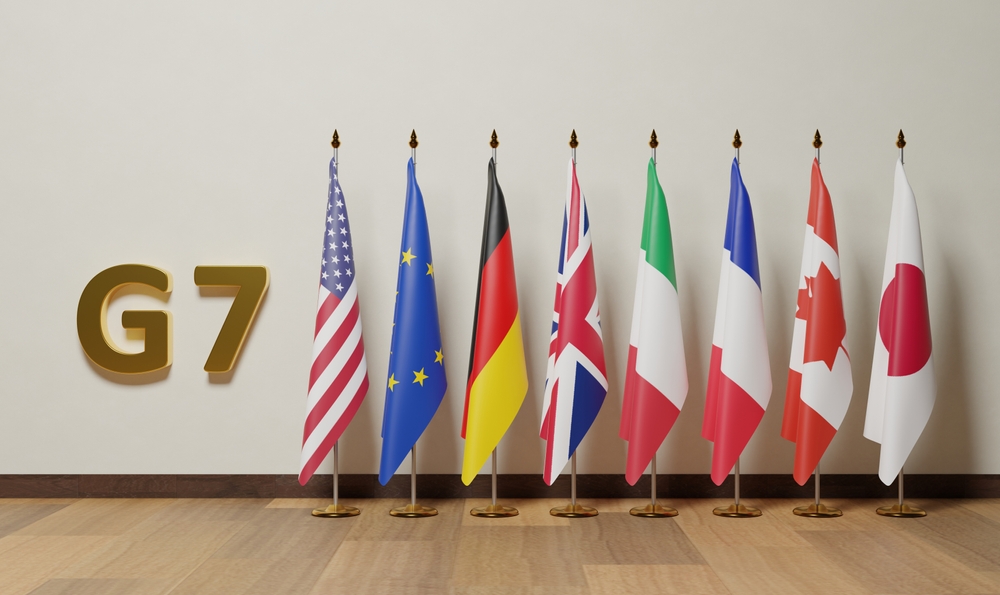
When Canada hosted the G7 Summit in 2018, it took an unconventional but forward-thinking step by pushing for gender equality to be addressed formally in global trade agreements. The move, met with skepticism by some larger economies, aimed to ensure that trade policies actively benefit women and marginalized communities. Canada also led the creation of the Gender Equality Advisory Council for the summit. While other powers focused solely on GDP metrics, Canada emphasized inclusivity and long-term social impact, redefining what responsible global economic leadership could look like.
Welcoming Hong Kong Protesters and Activists (2020–2021)
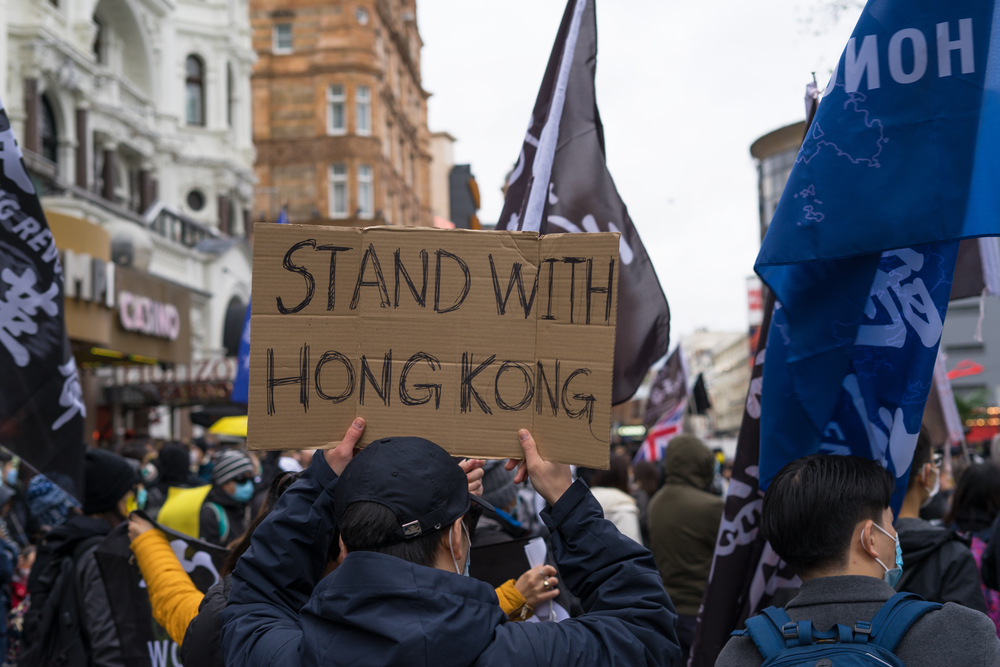
As China tightened its grip on Hong Kong with sweeping national security laws, many countries hesitated to act. Canada, however, expanded pathways for Hong Kong residents to immigrate, launched new asylum protections, and suspended its extradition treaty with Hong Kong. These measures, though diplomatically risky, reflected Canada’s long-standing support for democratic freedoms and human rights. By balancing legal protections with humanitarian values, Canada once again demonstrated its role as a reasonable yet resolute actor.
Championing Peace in the Israel–Palestine Conflict (Multiple Eras)

While many nations have taken sharply partisan stances in the Israel–Palestine conflict, Canada has often positioned itself as a voice of moderation. Advocating for a two-state solution and consistently urging for de-escalation during outbreaks of violence, Canada has backed humanitarian aid, condemned terrorism, and emphasized international law. Though occasionally criticized for being too cautious, Canada’s middle-ground approach has often allowed it to act as a credible partner in dialogues others couldn’t join.
Leading GAVI Vaccine Advocacy (2000s–2020s)

Canada has long supported the Global Alliance for Vaccines and Immunization (GAVI), a multilateral effort to improve access to immunizations in developing countries. Through funding and strategic leadership, Canada has helped vaccinate millions of children and reduce preventable deaths from diseases like measles and polio. Unlike some countries that treat global health as a political chess piece, Canada frames it as a human imperative, and in a world often slow to prioritize the vulnerable, Canada has championed access, science, and solidarity.
Supporting Global Health Equity During COVID-19

As wealthier nations hoarded vaccines in the early stages of the pandemic, Canada was among the first to donate surplus doses and financial support to COVAX, the global vaccine-sharing initiative. While Canada faced internal pressure to prioritize boosters at home, it simultaneously recognized that no one was safe until everyone was. Its contributions went beyond charity, reflecting a deeper understanding of interconnected public health. Canada’s advocacy helped spotlight vaccine equity as a global imperative, and its actions pushed more reluctant countries to step up.
Calling for Nuclear Disarmament at the UN (Multiple Decades)

Canada has persistently advocated for nuclear non-proliferation and disarmament, often serving as a key voice of reason at United Nations forums. Despite being a close ally of atomic powers, Canada has supported treaties like the Nuclear Non-Proliferation Treaty (NPT) and has called for pragmatic steps toward global reduction. Its stance blends realism with responsibility, acknowledging geopolitical complexity while still pushing for long-term safety. Rather than embracing saber-rattling or passive silence, Canada reminds the world that diplomacy and restraint are essential tools in ensuring a safer, saner future.
Supporting the International Criminal Court (1998–Present)

Canada was one of the earliest and strongest supporters of the International Criminal Court (ICC), helping to draft and ratify the Rome Statute in 1998. While powerful nations like the U.S., China, and Russia expressed hesitation or outright rejection, Canada insisted that there must be legal accountability for crimes against humanity, genocide, and war crimes. Canada’s ongoing support for the ICC underscores its belief in global justice over geopolitical convenience.
Bridging the Gap in the U.S.–Cuba Dialogue (1990s–2010s)
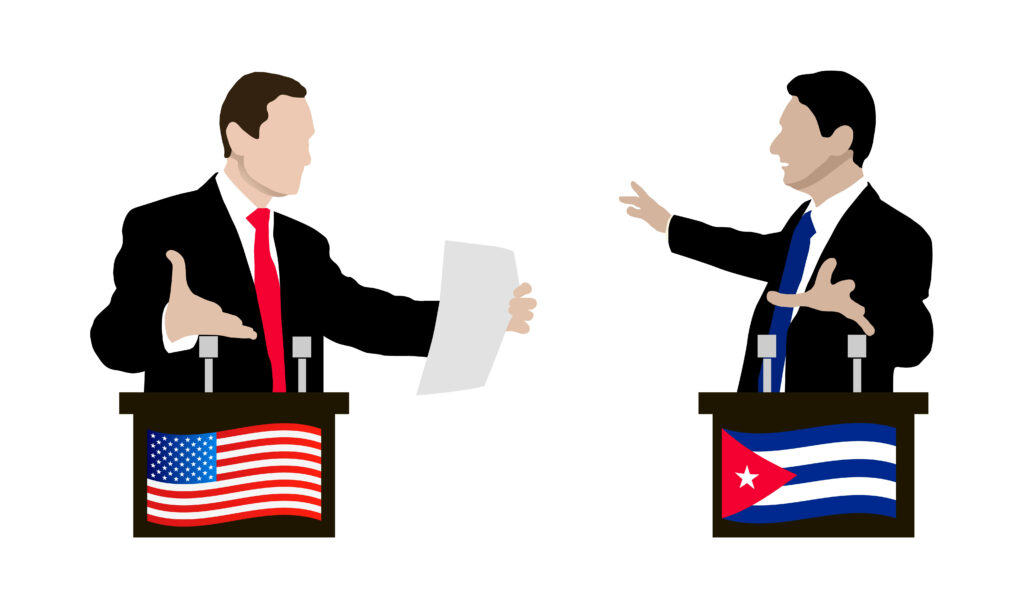
While the U.S. maintained a decades-long embargo and frosty relationship with Cuba, Canada kept diplomatic and economic channels open. Canadian officials traveled freely to Havana, facilitating cultural exchanges, academic collaborations, and even informal backchannel conversations between Cuban and American policymakers. Canada’s refusal to unthinkingly follow U.S. foreign policy allowed it to serve as a trusted intermediary. When relations between the U.S. and Cuba began to thaw under Obama, many credited Canada’s steady diplomacy as a quiet enabler.
Steady Advocacy for LGBTQ+ Rights at the UN (2000s–Present)
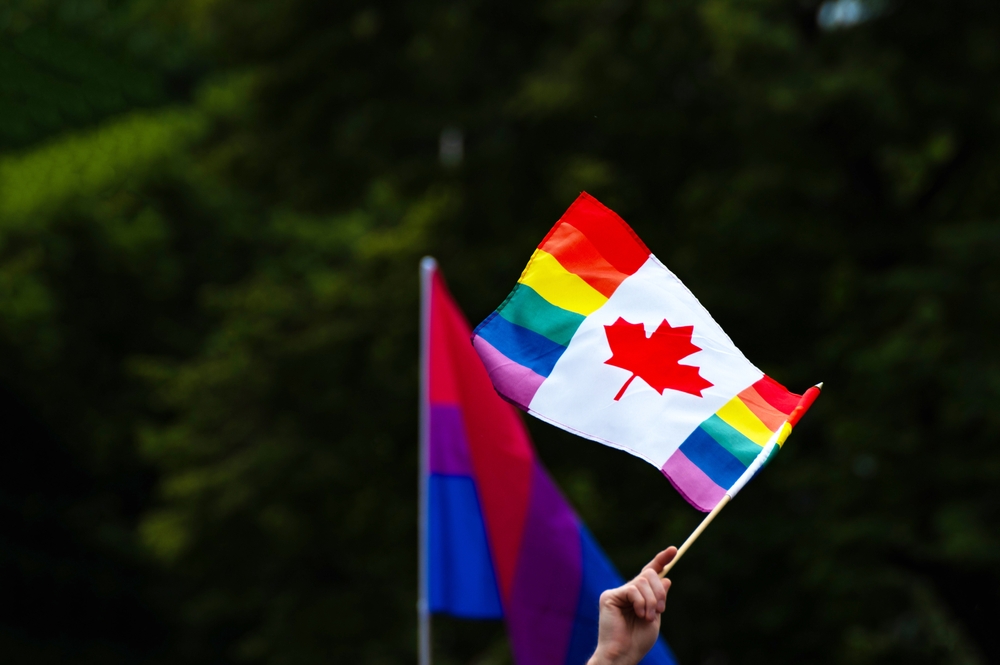
As some nations weaponized LGBTQ+ rights for domestic politics or avoided the topic altogether, Canada took a principled stand. At UN forums and international summits, Canada consistently pushed for the inclusion of LGBTQ+ protections in human rights declarations. It co-sponsored resolutions condemning violence against LGBTQ+ individuals and funded global advocacy efforts. Canada’s position has included asylum protections, foreign aid stipulations, and diplomatic pressure, and it has helped redefine LGBTQ+ rights as non-negotiable.
Protecting Press Freedom on the Global Stage (2020s)
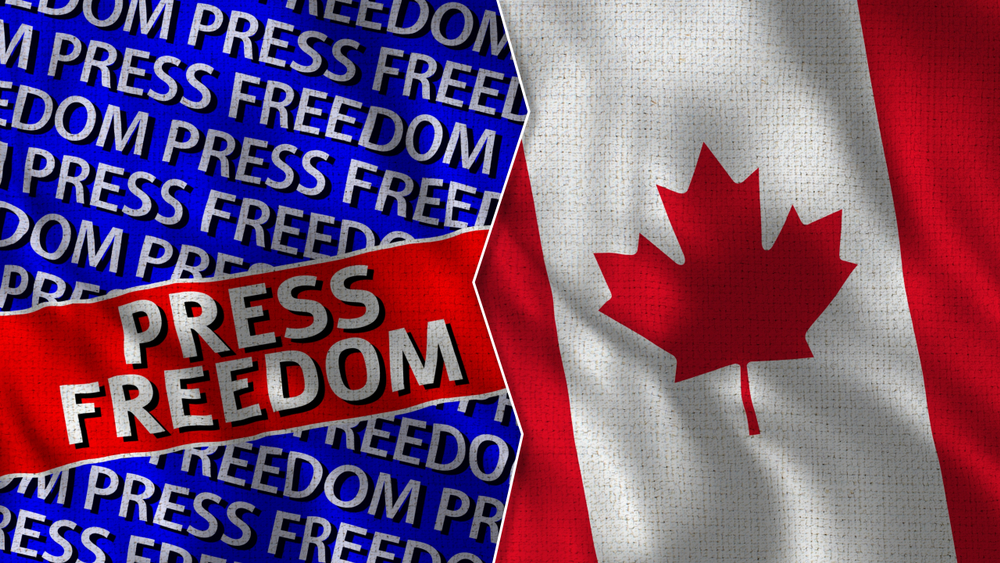
With global press freedom under threat, Canada stepped up as one of the co-founders of the Media Freedom Coalition, a group of over 50 countries committed to defending journalists and independent media worldwide. Canada has not only advocated publicly but also allocated real resources to support reporters at risk, fund legal defense, and train journalists in hostile environments. While many countries treat media suppression as an internal matter, Canada argues it’s a global concern with democratic implications, as its leadership has been a vital and stabilizing force for free expression.
21 Products Canadians Should Stockpile Before Tariffs Hit

If trade tensions escalate between Canada and the U.S., everyday essentials can suddenly disappear or skyrocket in price. Products like pantry basics and tech must-haves that depend on are deeply tied to cross-border supply chains and are likely to face various kinds of disruptions
21 Products Canadians Should Stockpile Before Tariffs Hit